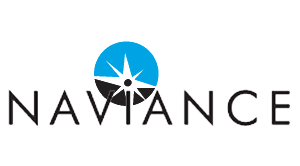So you’ve made the decision to go to college. It’s something you’ve always wanted to do, you planned for it, have done your research and now the time has come to make that transition from high school to college but where do you begin?
Let’s face it, applying to college can be a full-time job. There are essays to write, a resume to create, a college list to generate, interviews to prepare for and more. In addition, becoming an educated consumer will be key to your success. There are things you need to know and understand about how colleges operate, how to apply for financial aid, understanding your financial aid award, understanding your student loan options and again so much more. Here are a few key ideas for a successful transitiion.
Now is not the time to take shortcuts
When completing your college application it’s best to have a plan. Yes, I’m talking spreadsheets, graphs, charts, whatever it take to help you get organized and stay organized. This will be a crucial step in staying on top of critical deadlines. Sure you can get into college without all this stuff but do you want to risk it? And why cause yourself unnecessary stress? Formulating a solid plan will take the stress out of the college application process. If this just isn’t for you, you may want to consider hiring a college advisor to help.
What do you want from your college experience?
Know your reasons for why you are choosing a particular college or university. Is it the fact that they have a great debate club or an honors program? Is it the unique majors they offer, or that you love that the college is in a big city? You should be choosing the college because it fits all your criteria, not because of its notoriety or status. Colleges are looking for your personal reasons for choosing their school. Important tip: The best way to impress a college admissions officer is to know as many details about their college as possible.
Do your due dilligence – Do your homework
Really try to narrow your search. Applying to a ton of schools may not be your best strategy. Unless you are a research guru it will be a challenge to fully know the colleges you are applying to and, admissions officers know when you’ve just skimmed their websites vs doing extensive research. A comprehensive look into the school you are interested in shows the college that you are “all in” and that it is important for you to take the time to really get to know them. Remember the right fit is more valuable than your GPA, test scores or activities. Why would you even consider going to a college that doesn’t check all or your boxes? I believe a good strategy is to choose a manageable number of schools that you know you would really like to attend, then give those applications your all.
Colleges want to know you can handle the extra responsibility
Make sure you are on top of all your deadlines so that you can complete your application on time. There are a lot of little details and supplemental materials that need to accompany your application such as test scores, letters of recommendations, transcripts, financial aid info etc. It is easy to forget things. Try not to get yourself in a situation where you are asking for special accommodations or considerations to complete your application. Know when your deadlines are. Know all of the items that you need for the application in order for it to be complete. If you’re asking for special treatment, make sure you have a good reason such as a medical condition or unforeseen circumstance in your life.
Colleges and Universities aren’t going to call you
Staying in touch with your admissions advisor is important and yes, they do keep track. Colleges like to see demonstrated interest from you. It lets them know that you are serious about their school. A good way to keep track of your communications is to keep a log of every contact.
Mom or Dad isn”t applying to college, you are
Every correspondence you have with your potential college should be from you. It’s ok to write about family members in your essay but the real focus should be on you. The best way to give tribute to your parents is by securing admission and sharing that joy with them.
What is it about you that makes you stand out?
Of course, your family thinks you are amazing because (yes you are) and because they are your family. You may be a superstar at your high school or within your community but this might not make for the most interesting reading to admissions officers. The fact of the matter is, you’ll be competing for a spot with so many others you need to make yourself stand out and generic sports and multicultural experience essays aren’t going to cut it. Now don’t get me wrong, these topics are fine to write about, however, if you’re choosing a common theme, make sure you tell your story in an uncommon way that will captivat and hold the admissions officers’ attention.
There are two sides to the major selection coin
It’s OK to say that you don’t know what you want you’re major to be. Schools require a certain number of core courses partly for this very reason. However, some schools allocate certain merit money and scholarships to certain majors. It’s not often they reserve monies for “undecided majors”. If you don’t choose a major early on you could be sacrificing potential free money. You can always change your major later once you figure out what you want to do.
Know your financial obligations
While about three-quarters of students receive acceptance to their top choice school, only about half can afford to go. Know the true bottom line of your school in terms of fees beyond tuition as well as things like the average debt of graduates. You’re making a huge investment that you could potentially be repaying for many years. If money is an issue and your top choice school is the only school for you, then you need to be creative and come up with other ways to pay for it. Outside scholarships are a great way to supplement your tuition bill.
You are about to enter into a world unlike any other
It’s ok to be nervous and apprehensive about going away to college. The best way to quelch this fear is to just embrace the fact that you’re out of your element along with every other freshman out there. Allow yourself to grow and be open on this new journey, it is the essence of the college experience.
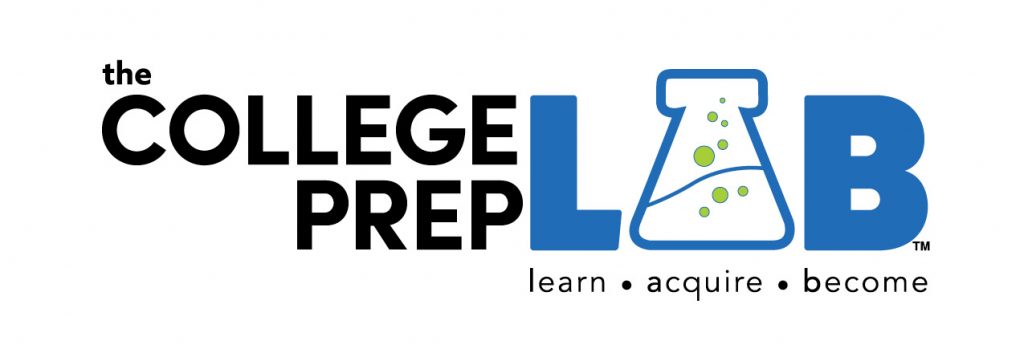



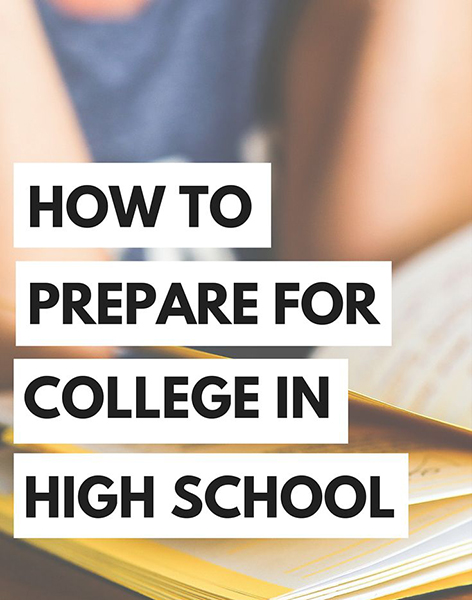

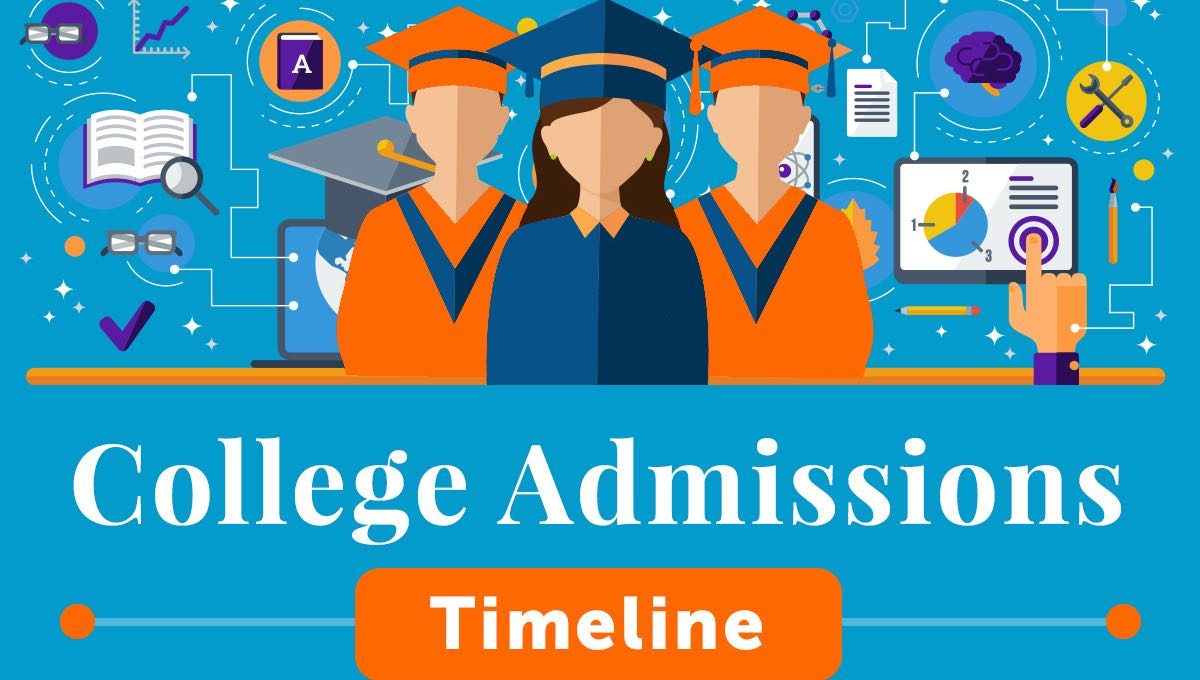








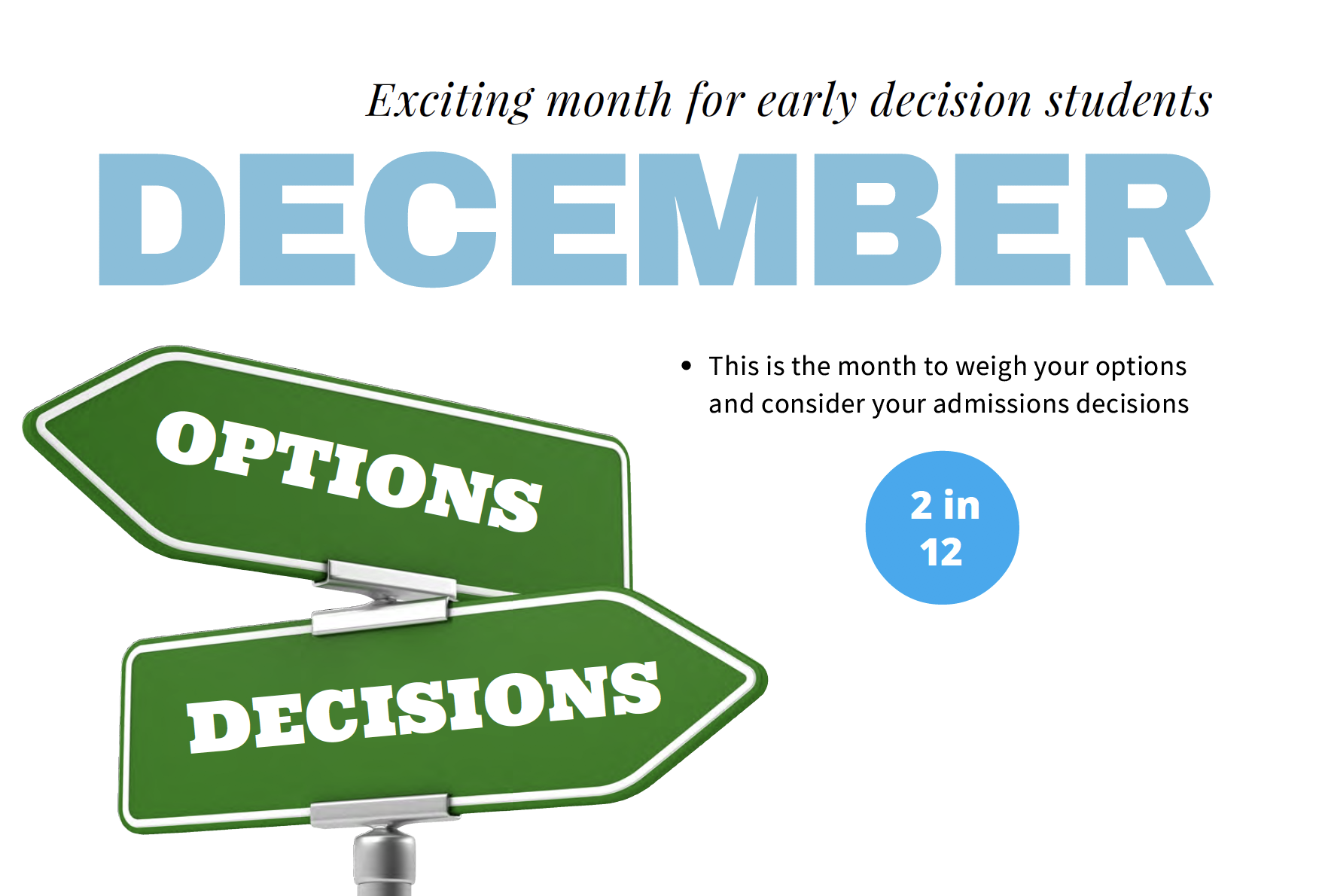


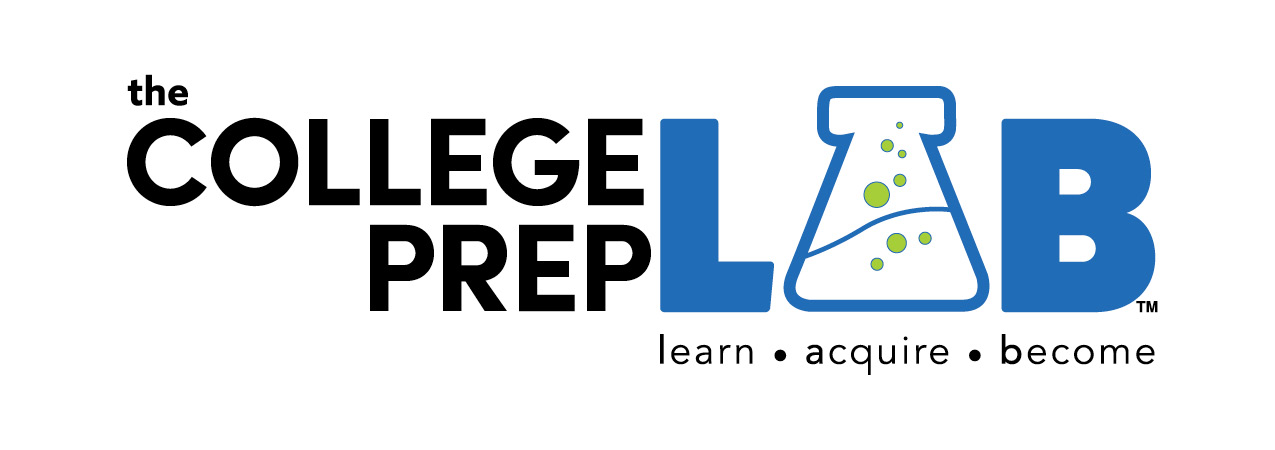
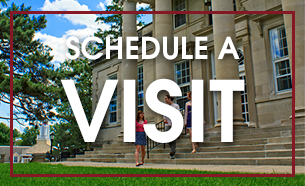
 There is a lot to take in while on campus so make sure you go prepared. Trust me, you will forget all the little details the college has to offer so I suggest you make sure you have a notebook so you can jot down notes during your visit.
There is a lot to take in while on campus so make sure you go prepared. Trust me, you will forget all the little details the college has to offer so I suggest you make sure you have a notebook so you can jot down notes during your visit.
